Playlist: Spotlight of Taiwanese Indie Artists
Bemoaning being asked the question “Where are you from?” has become something of a cliché over the years. Those words are a poison that any BIPOC in the United States or anyone from a non-European international background is well-acquainted with. Yet here I am, ready to answer this question, free from interruptions or judgment.
So, where am I from? I’ll try to keep it simple.
I’m from Taiwan. It’s an island, east of China and south of Japan. (It’s funny that I place our location in respect to our colonial forefathers). It’s a land I’ve left. It’s a land that’s left on me, clinging to dormant corners of my mind that I am only aware of whenever someone speaks English too quickly or uses slang that’s too ‘American’.
To ‘adventurous’ tourists, Taiwan’s capital, Taipei, is known for little more than being an indie food stop. On the occasion that journalists from the West acknowledge our island, they rely on terms like “hidden gem” or “delightful surprise”. To me, Taiwan is home. I lived there for ten years, before moving to Portland when I was fifteen. But it’s only now that I realize how little I’ve lived there.
Taiwan’s history is a familiar one to people of the “third world.” It starts with an island, home to numerous indigenous nations. Then come the Chinese, the Dutch, the Spanish, the Japanese, and finally, the Kuomintang. (What stays consistent, despite all of these shifts and takeovers, is the persecution of and violence against indigenous Taiwanese tribes).
It’s this last regime that has fed into our current battle for national sovereignty. Fresh after losing the Chinese Civil War, the KMT fled to our island, newly freed from Japanese colonization, and declared it to be the homebase of the “real” Chinese government. Since then, the defining experience of being from Taiwan is the political conflicts over whether we are the Republic of China, belonging to China, or the nation of Taiwan.
Because of all of this, it feels impossible to settle on a national identity that we’ve never truly had the chance to develop. The remnants of colonialism continue to haunt us. Threats of military violence from over the strait loom over our heads. Outside of Taiwan, it feels like the farthest we can get with spreading our name is drinking bubble tea and taking our non-Taiwanese friends to Din Tai Fung.
我們的故事
The tumultuous nature of Taiwanese identity can be found in my family’s story: my great-grandfather was born in 1895, the same year in which the Qing Dynasty was forced to give Taiwan to imperial Japan. His Chinese name was 方石松 (Fāng shísōng). Under Japanese rule, however, this would have to change. Instead, my great-grandfather was given the name 竹村壽家 (Takemura Toshiya).
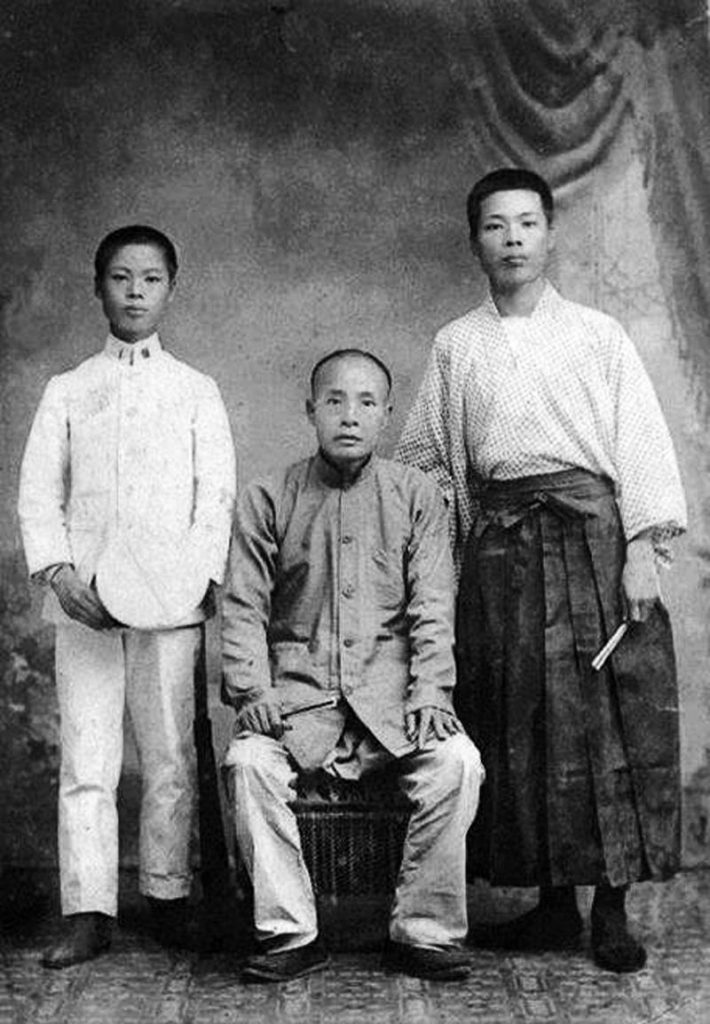
The change of dominant language, the style of clothing, the replacement of names became a source of strife for the older generations who still identified as Chinese, or at least those who were wealthy enough to be able to maintain their heritage and culture from China. Toshiya’s father belonged to this group and could never quite forgive his sons for their assimilation. Though Japan relinquished Taiwan fifty years later after losing the Second World War, the impact of these years of rule is relevant to Taiwanese lives today. My grandfather’s first language was Japanese and to this day still identities himself as Japanese.
By the time my father was born in Taipei in 1965, the island was under martial law from a Chinese party and the official language was Mandarin. From what I’ve gathered over the years, my father has a performative love-hate relationship with Taiwan. He’ll complain about how foolish the people are non-stop, how we’re too cowardly. However, my father’s also the one who taught me to have pride in being from Taiwan, to speak out and vote for our independence.
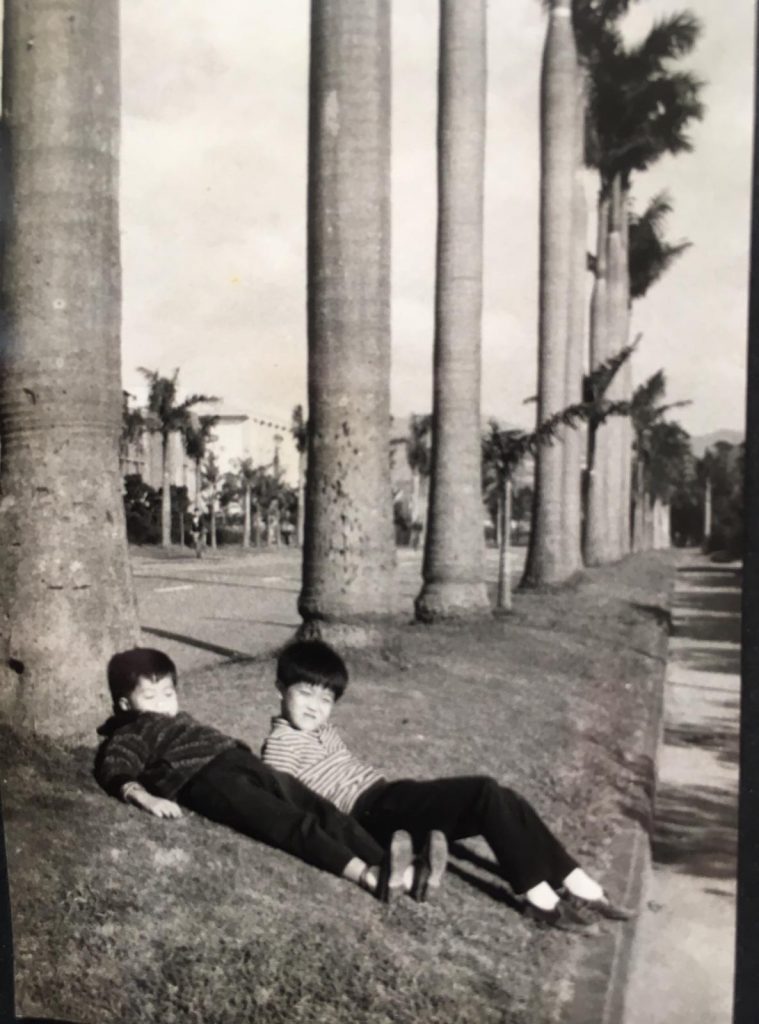
我的故事
My part of my family’s story begins much later. I was born in December 2001, in a California hospital, to a white American mother and Taiwanese father. I am named 方怡 (Fāng yí), or Mia Fong. My family moved around East Asia before finally returning to Taipei in 2005, where I would grow up. The Taiwan that I grew up in is the product of its tumultuous history, full of cross-cultural influences in newly-industrialized cities.
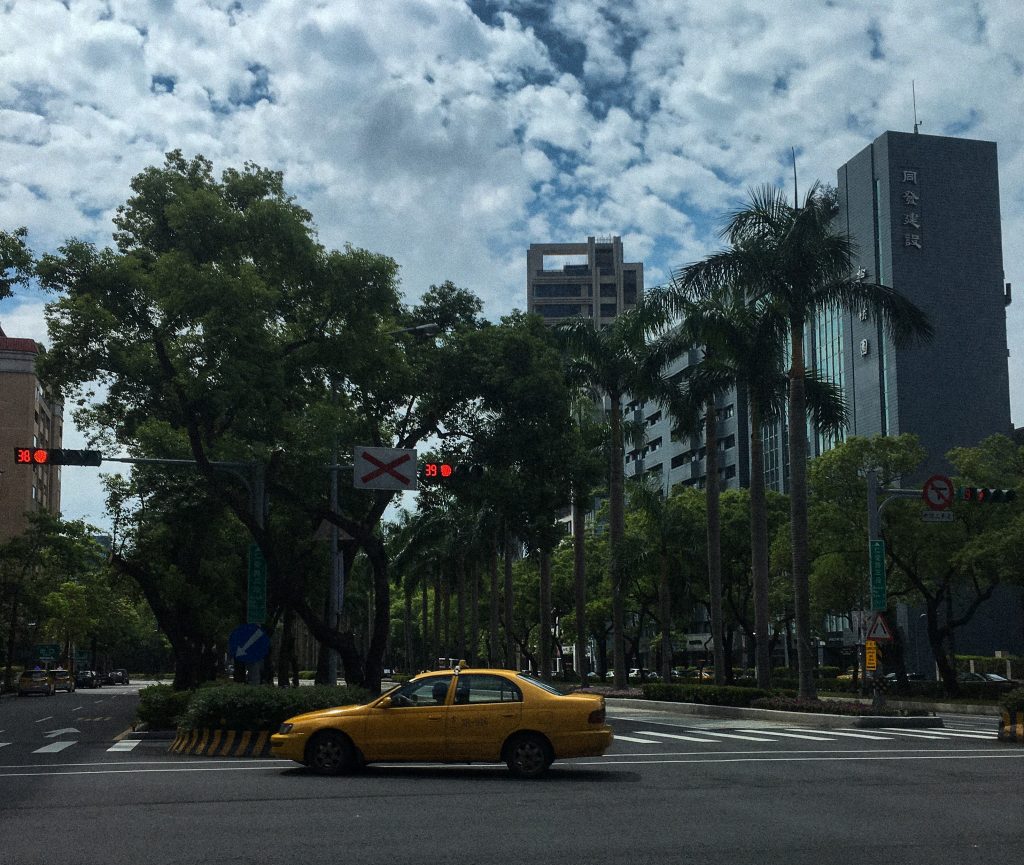
I love my home. I love the cramped little alleys hiding undiscovered treasures, the old apartment buildings with flower-patterned bars over the windows, even the stifling warmth and humidity of the air. I love having access to the cultural exports of our neighbors, manga and K-pop, and niche arcade games.
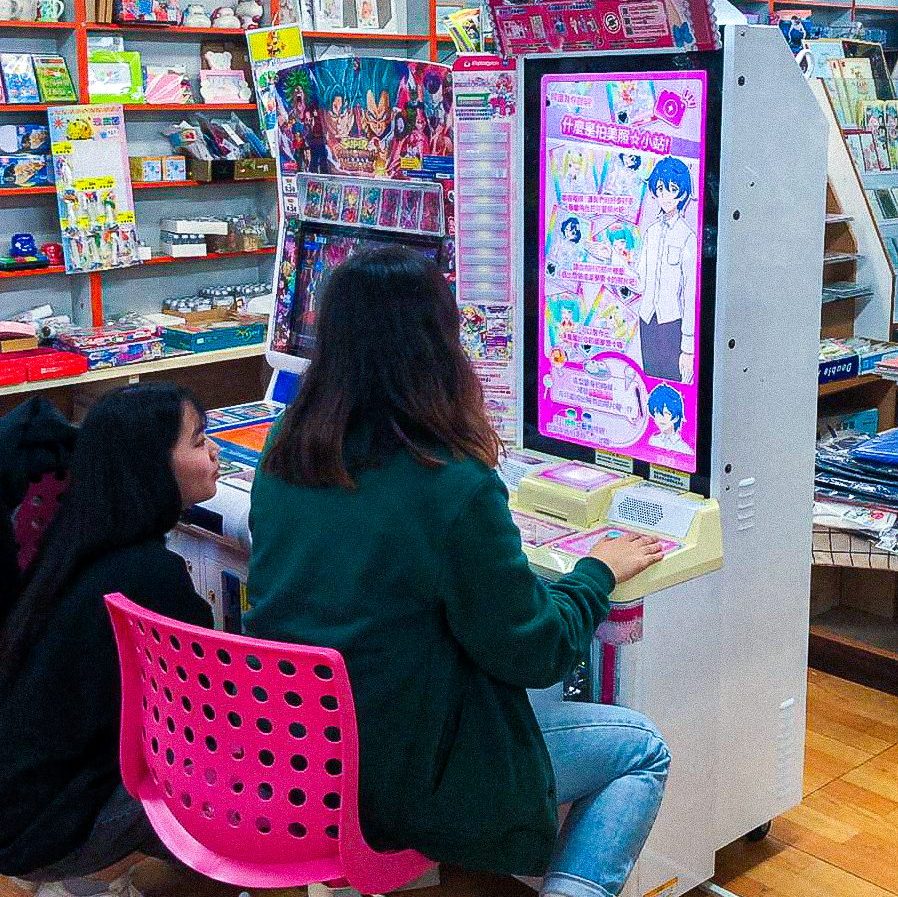
Photo taken by Jocelyn Liu, @jocelynsosad
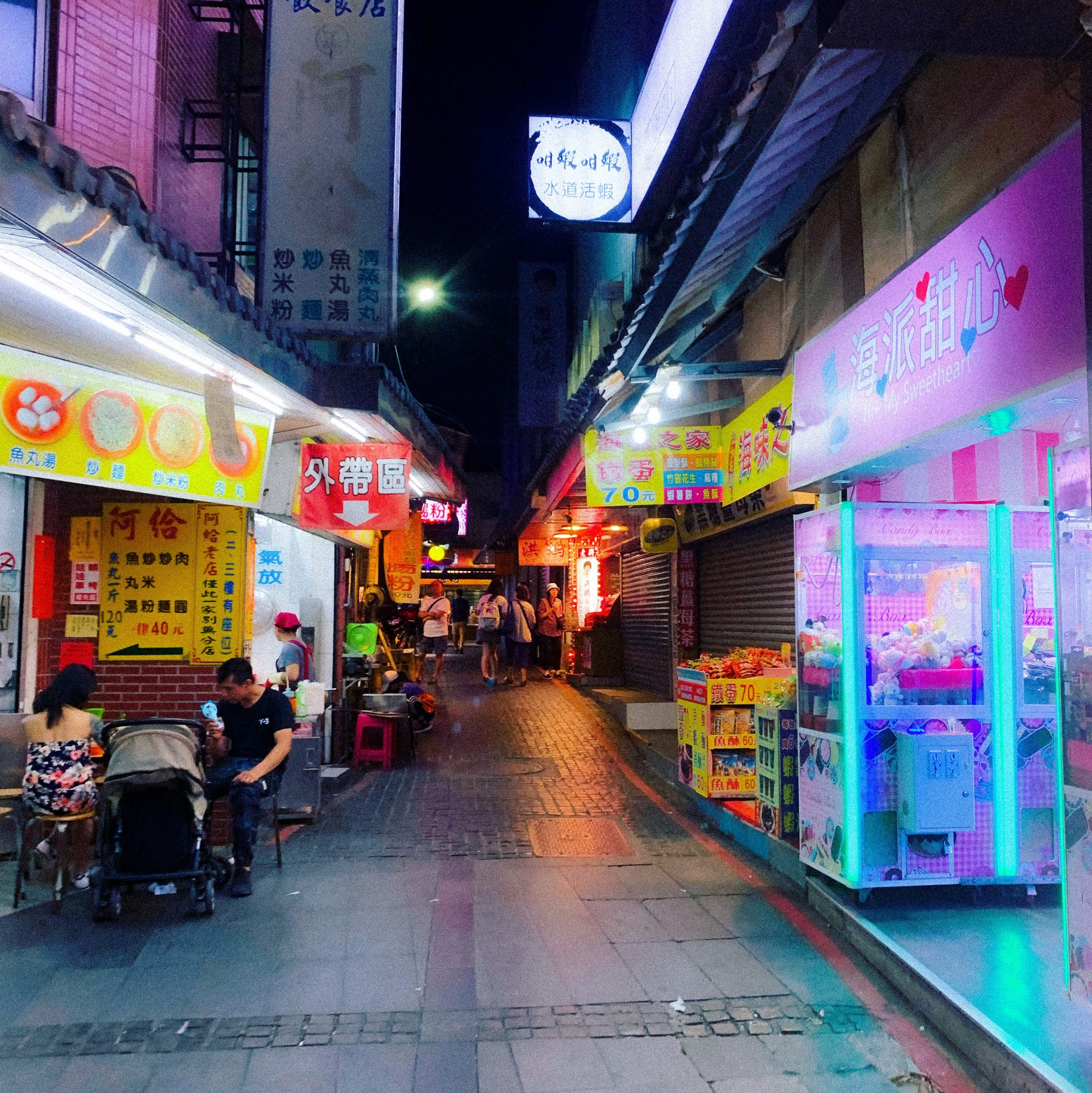
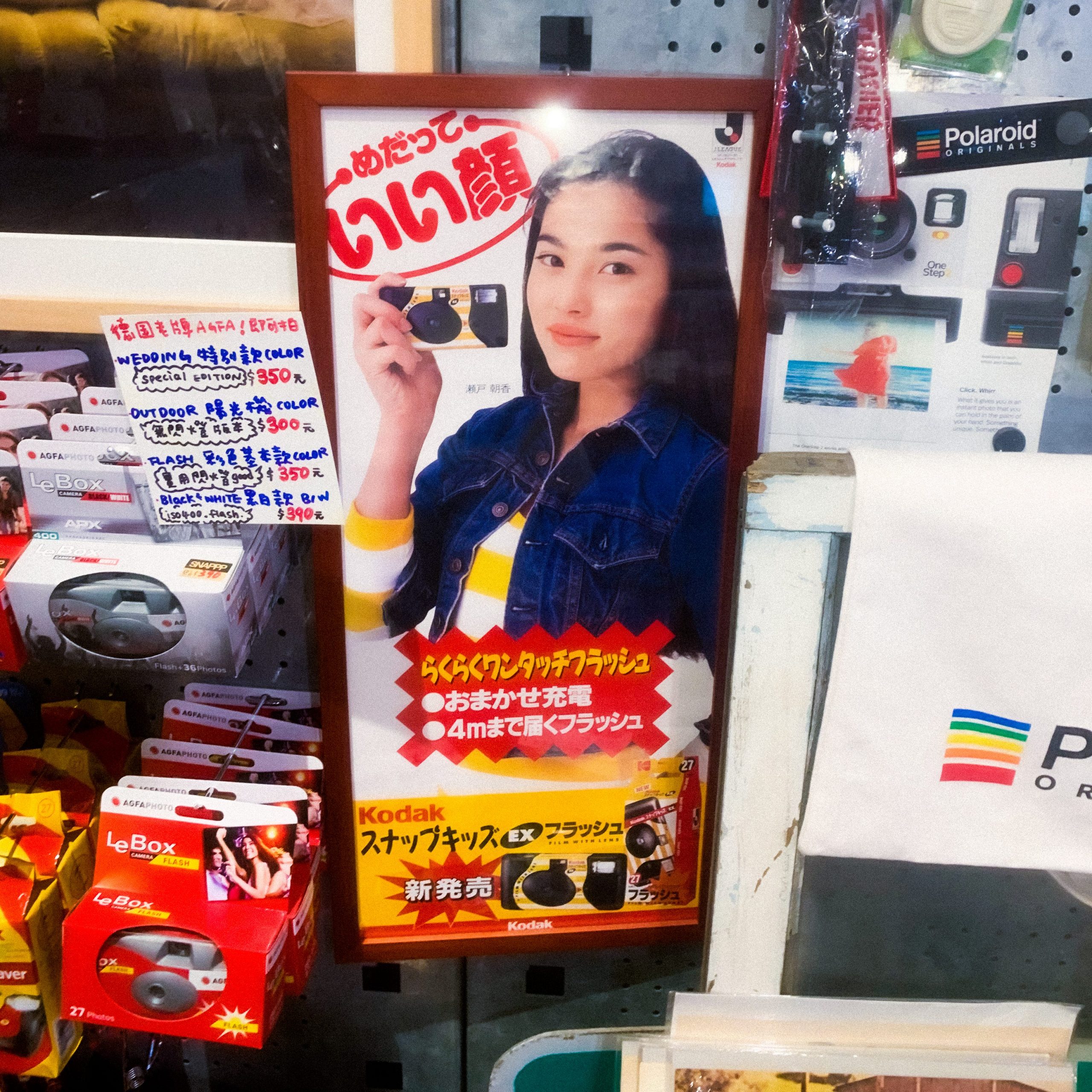
I love being Taiwanese. But I am exhausted by it. I want my existence to be known, not debated.
Taiwan is volatile. In the eyes of the United Nations or the World Health Organization, who are more focused on accepting money from and appeasing the Chinese government, Taiwan doesn’t exist, only “Chinese Taipei”. And in my lifetime, Taiwan may even disappear – maybe it’ll be consolidated into China under a new name, or maybe Chinese politicians will finally make good on their threats of military invasion.
So when people see the ambiguity of my features, see a hint of something ‘exotic’, and ask the question, time and time again, this is what I want to tell them:
I want to tell them that I am embarrassed that I feel the need to advertise my home country like an amusement park, cutting our culture into fun-sized pieces that are maybe palatable enough to make others care about our struggles, our existence:
Oh, you like cats? Did you know that the first cat café was in Taipei?
If you like Sharetea then you’ll love defending Taiwanese national sovereignty!
Oh, that dumpling restaurant you like? I’ve been to the original one. Yeah, it’s Taiwanese like me!
One day, I want to be able to answer their question without an explanation, or a disclaimer. I want to look beyond bubble tea, or Din Tai Fung, or cat cafés. I want to be able to freely show the whole world the pride I have in my homeland and myself.
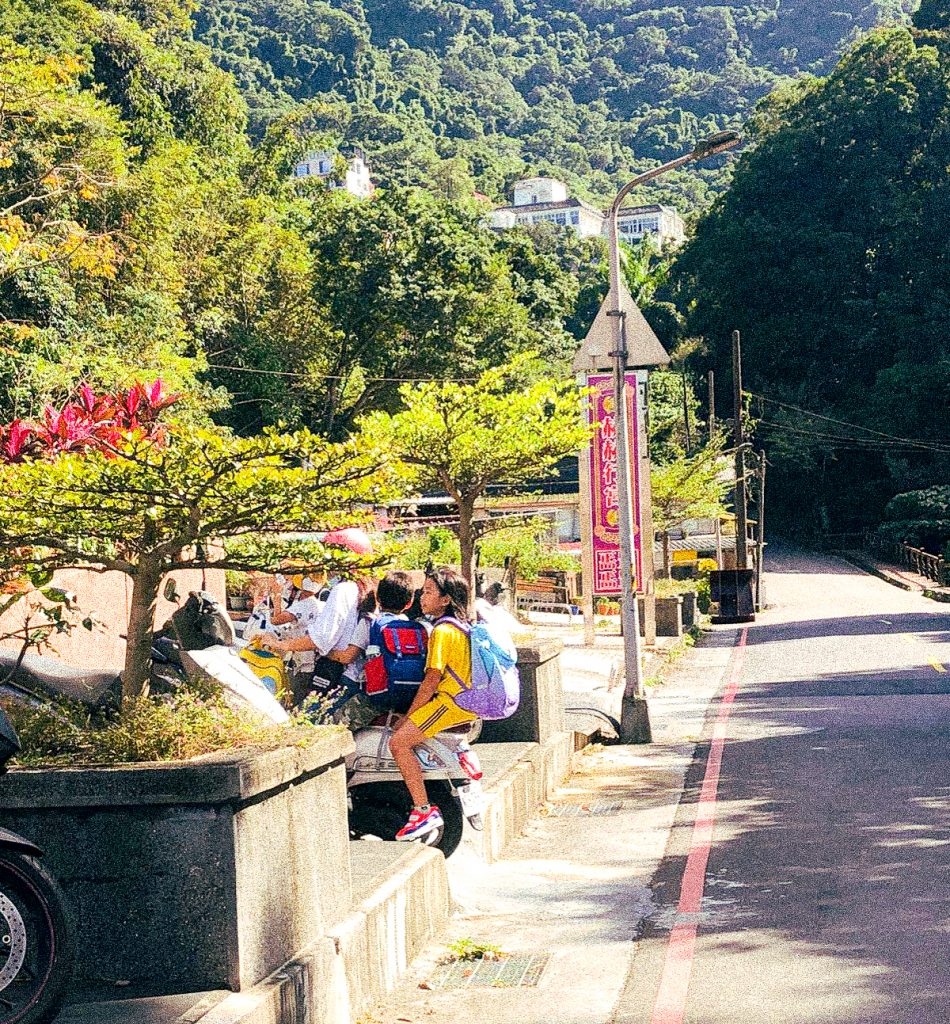

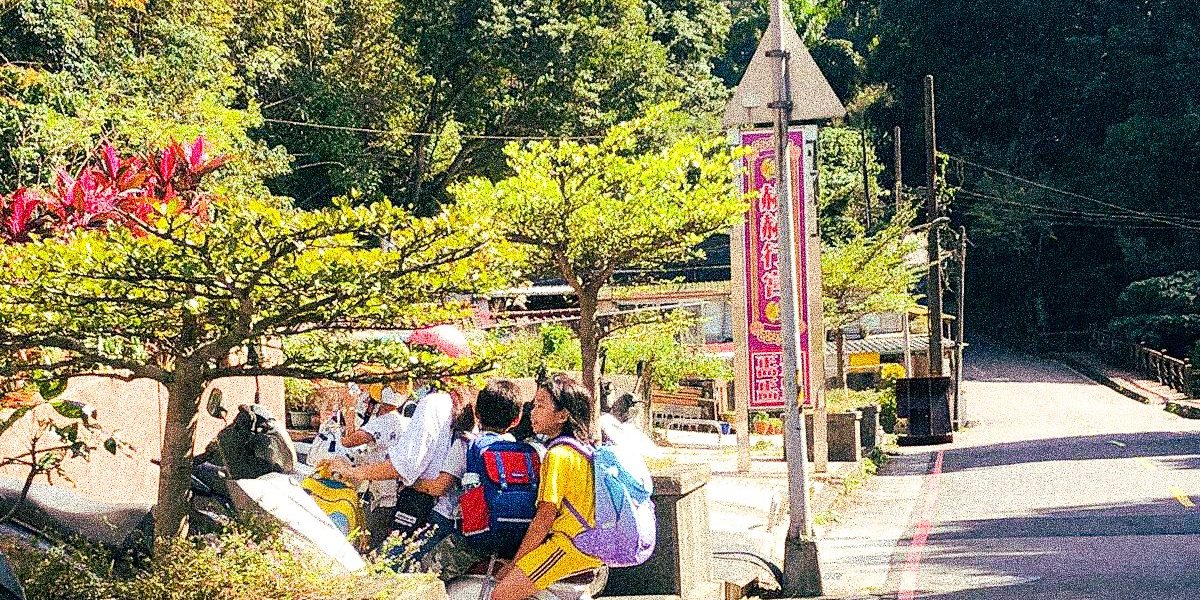



The truth is that Taiwan would be extremely if not impossible to conquer. Have you read some military analysts about the challenges to invade Taiwan?
https://www.belfercenter.org/sites/default/files/files/publication/ISEC_a_00294-Beckley_proof3.pdf
https://www.amazon.com/dp/1546353259/ref=cm_sw_r_cp_awdb_imm_H8GNJHWTPEX8C7BEK329
Mia, what a beautiful essay, thank you for sharing <3